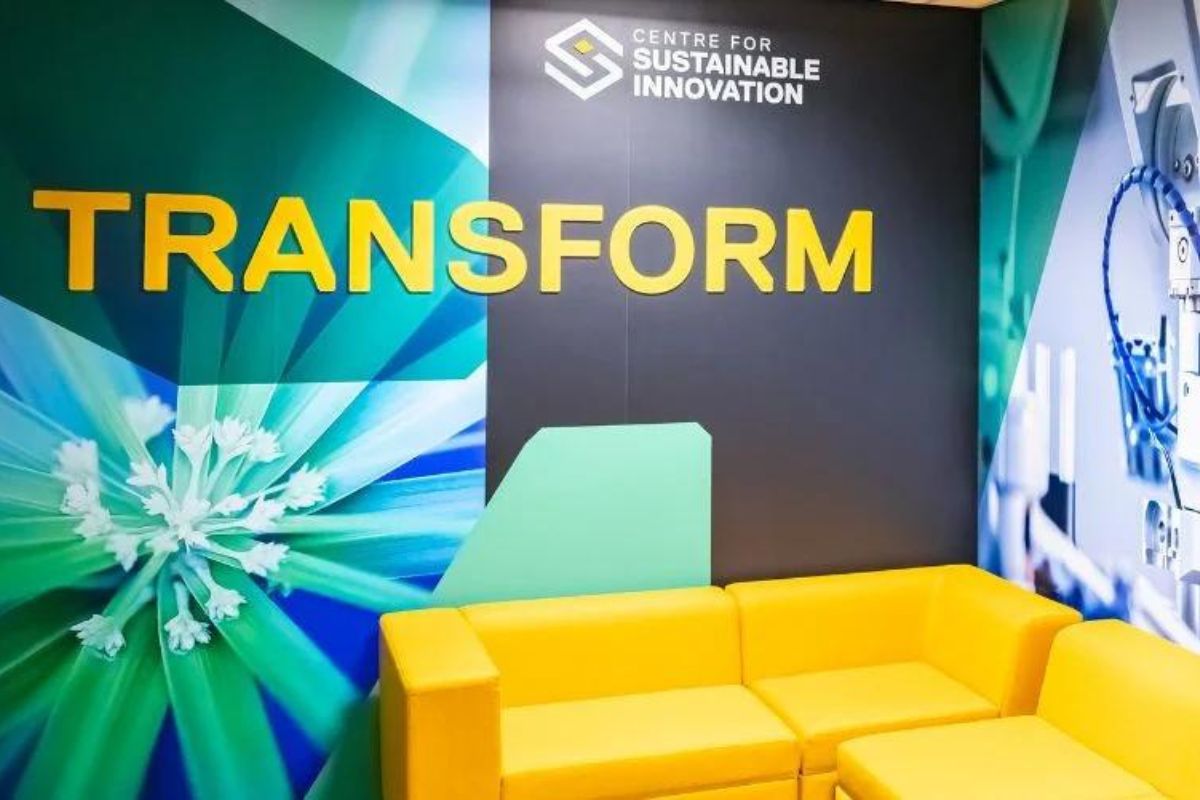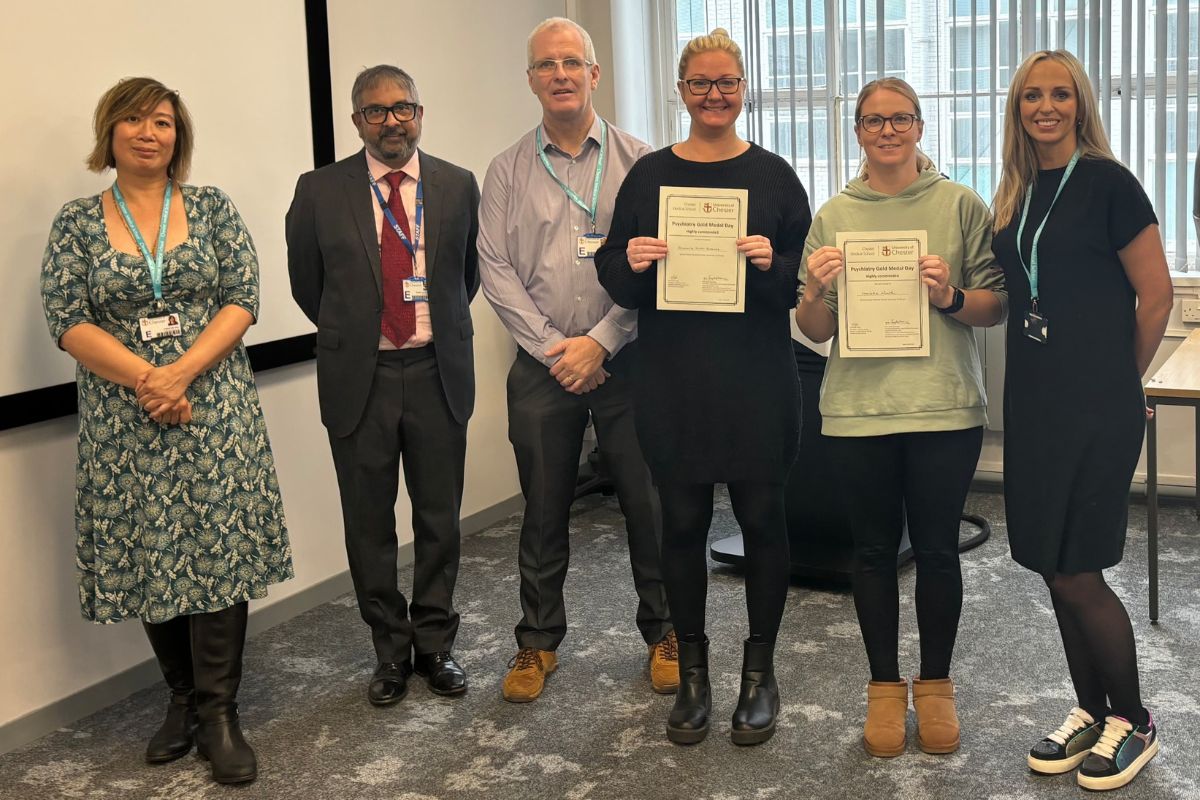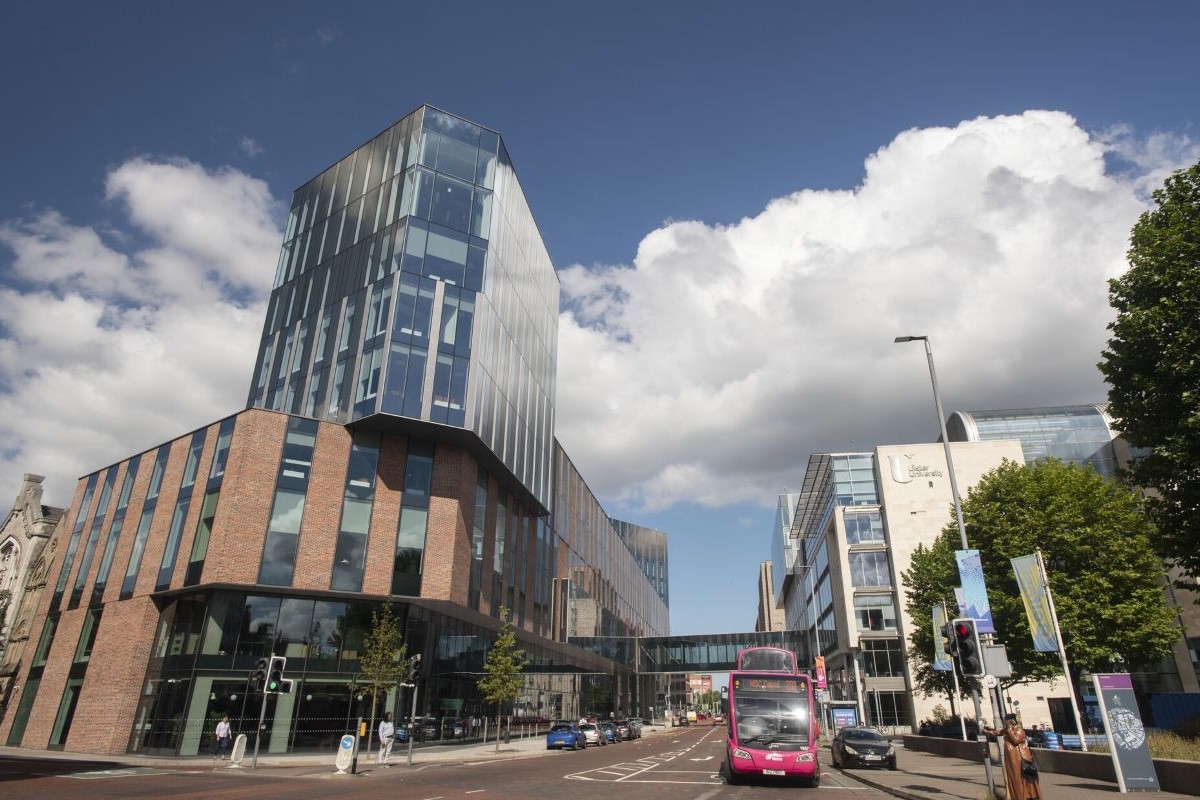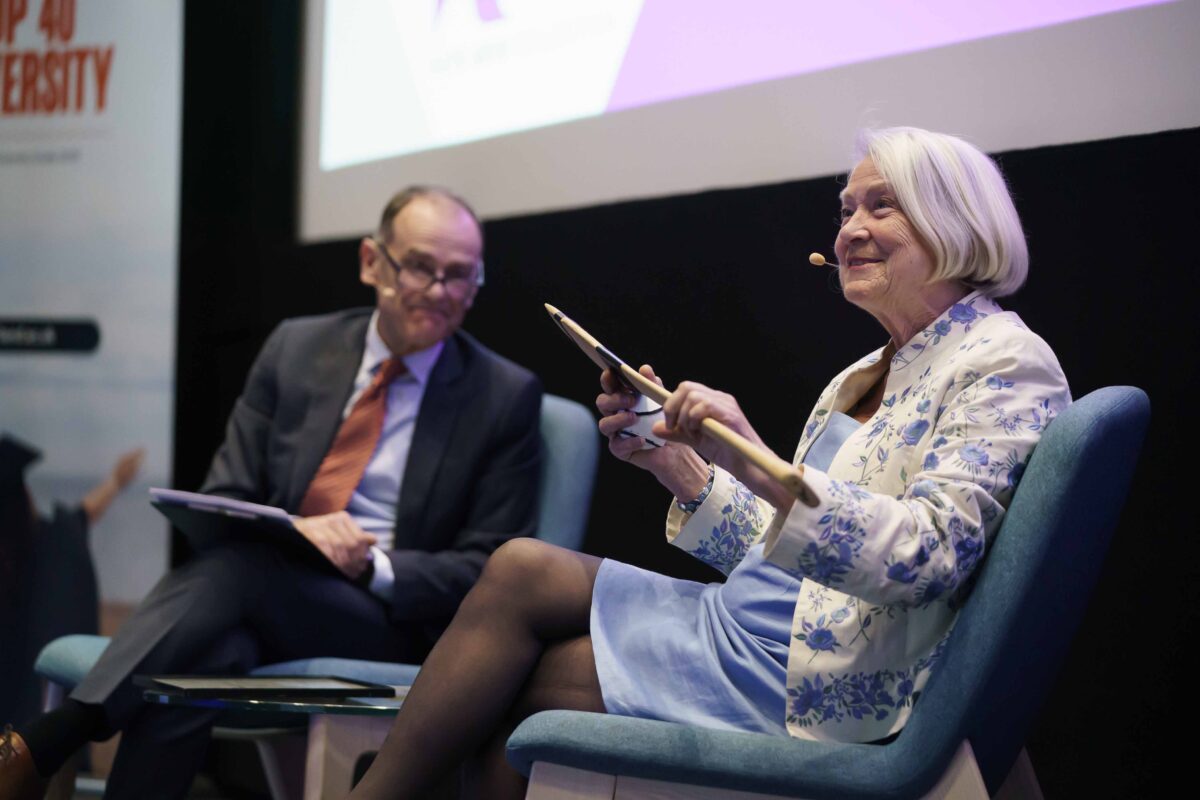Successful first three quarters for Salford Centre driving sustainable innovation

The University of Salford’s Centre for Sustainable Innovation (CSI) has helped increase the Business School’s research and enterprise revenue by 86%, while supporting the innovation and growth of over 170 businesses across various sectors, including health, education, energy and manufacturing, through the development of multiple new products/services.
The Centre, which only opened its doors publicly in January 2024, has also generated over £1 million in funding to support the delivery of enterprise and innovation workshops and programmes across the Greater Manchester region.
Sara Boswell, Director of the CSI at the University of Salford’s Business School, commented:
“Despite only opening our doors at the beginning of this year, the CSI is already having a strong impact on driving innovation and fostering an entrepreneurial culture, not only within the University but across the region.
“Our goal is to be a lead player, addressing the global challenges of sustainability and innovation through education, research and action. Our team of experts are already excelling when it comes to contributing to the advancement of sustainability and innovation across Greater Manchester, and we have so much more we want to achieve from right here in the heart of Salford.”
Through its three core workstreams of change management, digital transformation and sustainability, the CSI is a catalyst for collaboration, connecting students, faculty, colleagues and alumni with industry and policymakers to drive innovation in an ever-changing business landscape.
Offering a range of programmes, services and events, the Centre provides pioneering solutions that address productivity and support sustainability including, but not limited to, helping to adopt new emerging technologies to drive innovation/efficiency, research, idea testing, developing entrepreneurial skillsets and support launching new initiatives/products/services to market.
Sara continued:
“From driving the decarbonisation of carbon-intensive industries through research, to upskilling on how adopting technologies like AI (artificial intelligence) and AR (augmented reality) can enhance or transform a business, the work we’re doing within the Centre is having a direct impact on bolstering innovation across the North West, ultimately strengthening our regional economy.
“The centre’s commitment extends beyond profit, aiming to create significant socio-economic and environmental impact at regional and national levels through a range of strategic priorities. For instance, we know securing funding can be incredibly challenging and that for many smaller businesses prioritising sustainability when you have limited resources and budgets can be tough. But, we’re putting tools in place to support on these critical areas to help businesses reach new heights.”











Responses